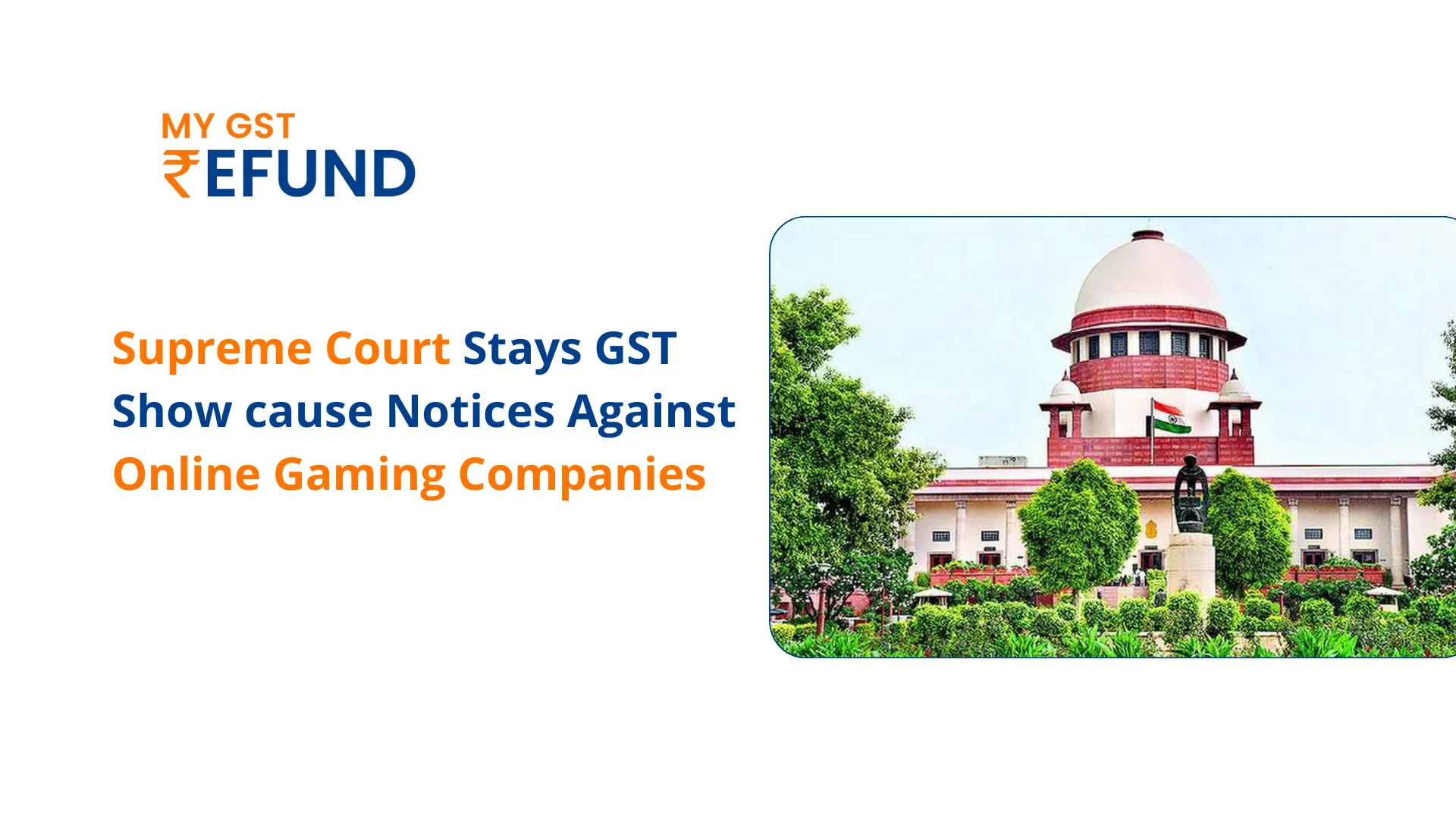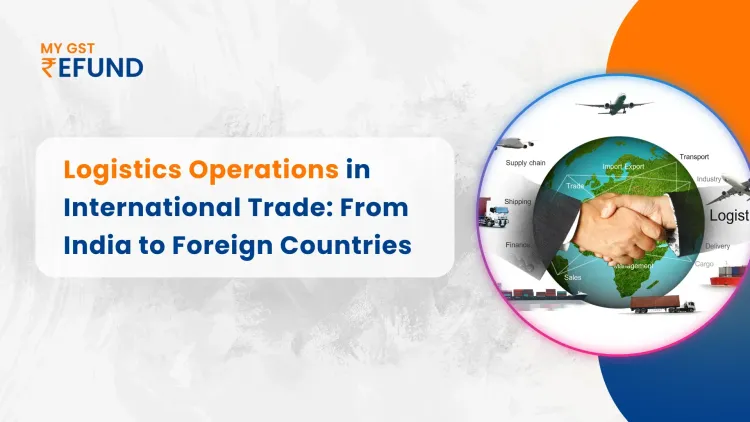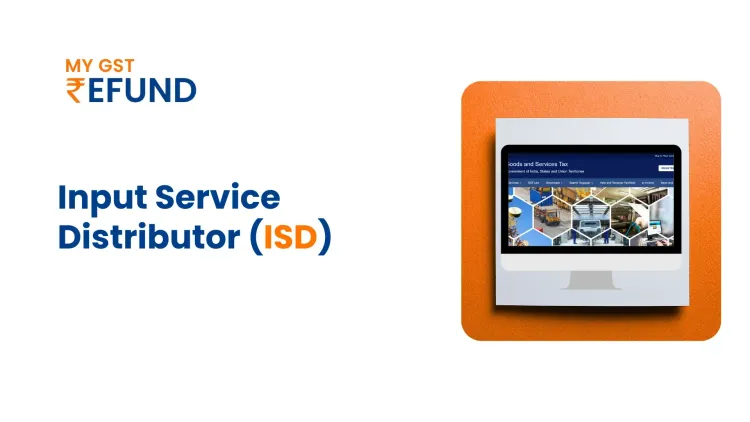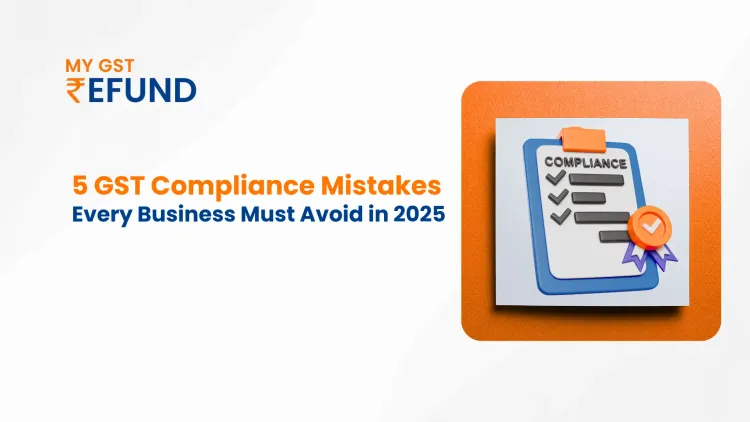Supreme Court Stays GST Show cause Notices Against Online Gaming Companies
The Indian online gaming industry has faced intense scrutiny from the regulatory authorities over the last few years. Recently, the Supreme Court provided temporary relief to the online gaming companies by staying the show cause notices issued by the GST authorities. It is a case of immense implications for the industry, having vital questions put forth with regard to taxation policies and regulatory oversight. Here’s a detailed breakdown of the case and its relevance in the current scenario.
Background of the Case
The controversy has been related to the classification and taxation of online gaming activities under the Goods and Services Tax (GST) regime. The authorities have argued that some online gaming companies indulge in activities that must be classified as "betting or gambling," thus subjecting the total amount collected from the players to a GST rate of 28%. On the other hand, gaming companies argue that their platforms host "games of skill," which are different from gambling and should be taxed at a reduced rate of 18%, which applies only to platform fees or commissions.
The controversy picked steam when a surge of show cause notices was served on online gaming companies, ordering them to deposit GST at a higher rate to be retrospectively applied on their past transactions; this put their survival in peril with the high tax liabilities accumulated.
Supreme Court's Interim Relief
Recently, the Supreme Court has issued a stay on the enforcement of such show cause notices raised by online gaming companies, meaning that tax recovery cannot proceed till the court delivers its final judgment. For now, this is providing some breathing space to an industry that's already facing heavy financial and regulatory uncertainty.
Key Issues Explained
1. Games of Skills vs. Game of Chance Debate
The crux of the case lies in the difference between "games of skill" and "games of chance." In previous Supreme Court judgments, games requiring considerable skill were distinguished from gambling. However, GST rules fail to define the difference, thus causing a conflicting interpretation.
IN W.P. No. 19570 / 2022 (DIRECTORATE GENERAL OF GOODS AND SERVICES TAX INTELLIGENCE (HQS) & ORS.Petitioner(s) VERSUS GAMESKRAFT TECHNOLOGIES PRIVATE LIMITED & ORS. )
2. Tax Rate Applicability
This industry faces a 28% GST. However, for those who contend that online gaming is a game of skills, the 18% GST might be applied only on the platform fees and not on the entire pool of money handled.
3. Retrospective Tax Demands
The demand for backdated GST payments has sparked fears of retrospective taxation. Such retroactive taxation could potentially weaken finances and undermine predictability and trust in business by India's tax policies.
Implications for the Online Gaming Industry
1. Economic Impact
India's online gaming industry is already worth over $2 billion and is expected to grow rapidly in the coming years. Clear tax policies and fair regulations are essential to continuing that growth. Although temporary relief has been given by the Supreme Court's stay, long-term certainty will attract investment and innovation into the industry.
2. Need for Policy Reforms
This case has highlighted the necessity of having a separate regulatory framework for online gaming—one that clearly differentiates skill-based games from gambling. The industry leaders are pushing the government to establish consistent and fair taxation policies.
3. Global Competitiveness
India has the potential to become a global hub for online gaming. However, high taxes and regulatory hurdles could abate this growth. A balanced approach could help India compete internationally in this booming sector.
Way to forward ?
The Supreme Court’s intervention is an important step in addressing the ongoing taxation dispute, but it’s only the beginning. The final resolution will depend on how the judiciary interprets these issues and how proactive the government is in creating fair policies.
For now, gaming companies need to comply with existing laws while continuing discussions with policymakers to push for a more transparent and favorable regulatory framework. The outcome of this case could be a turning point, shaping the future of India’s online gaming sector.
Conclusion
The Supreme Court’s decision to stay GST show cause notices is a temporary win for online gaming companies. However, deeper questions around taxation and regulation remain unresolved. A balanced approach from both the judiciary and government will be crucial to ensuring this promising industry achieves its full potential.
In the case of a Show Cause Notice, proper guidance and expertise are important for ensuring that one compliance and does not invite any penalties. At MyGST Refund, specialize in GST-related matters, including compliance with a Show Cause Notice. Our team of experts ensures that your responses are well-drafted, accurate and compliant with GST laws. By using automated tools and personalized services, we make the process smooth and hassle-free. Whether it's GST refunds, GST litigation, or technical replies, MyGST Refund is your go-to partner for all GST refund and compliance needs.
Related Posts








